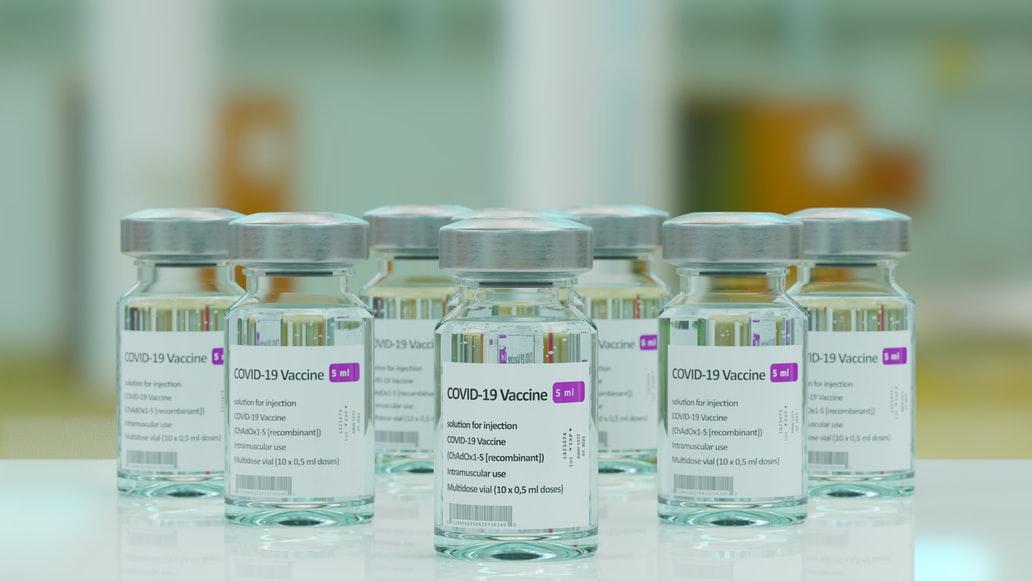There are a lot of ‘conspiracy theories’ and ‘side effect fears’ circling around on the internet about the Covid vaccines.
This is especially true as the FDA and CDC prepare to grant emergency use authorization to the weaker dosage of the Pfizer vaccine for children ages 5 to 11.
But in a recent CNN report, a survey by the Kaiser Foundation was said to have shown that 66% of parents worry that the vaccine (the reduced dosage Pfizer vaccine designed for children ages 5 to 11) might negatively impact their children’s future fertility.
This isn’t a new fear.
Worries about whether the vaccine may cause fertility issues started cropping up (and have been circling online) since shortly before the first Covid vaccine was made available to the public.
The rumor started based on an assumption—that the vaccine could potentially attack the syncytin-1 protein, which is a protein in the placenta that shares a small bit of identical genetic code with the spike protein in the coronavirus.
But there has been no data to confirm that this is true.
In fact, pregnant women definitely face greater danger from a Covid infection than non-pregnant women. It’s also true that there are some concerns about how covid could impact male fertility in the future.
But these are all reasons to get the vaccine, not to avoid it.
So what did the CNN report have to say on this issue?
Do parents really have anything to worry about in terms of getting their children vaccinated with the new Pfizer vaccine for kids?
According to the American Academy of Pediatrics, the fear that a Covid vaccine could negatively impact children’s fertility in later years is unfounded.
Here’s a quote from the American Academy of Pediatrics, pulled directly from the CNN report:
“Unfounded claims linking COVID-19 vaccines to infertility have been scientifically disproven… There is no evidence that the vaccine can lead to loss of fertility. While fertility was not specifically studied in the clinical trials of the vaccine, no loss of fertility has been reported among trial participants or among the millions who have received the vaccines since their authorization, and no signs of infertility appeared in animal studies. Similarly, there is no evidence that the Covid-19 vaccine affects puberty.”
In addition to this, The American College of Obstetricians and Gynecologists encourages women to get vaccinated against Covid-19, citing that leading medical organizations have repeatedly confirmed that the covid vaccines have zero impact on fertility.
These same messages are mirrored by the CDC, as well as by the FDA.
At the end of the day, it seems that the medical community strongly agrees on this point—that there are absolutely zero reasons to be afraid that the Pfizer Covid vaccine could have a negative impact on anyone’s future fertility.
It also sounds like Covid itself poses a much greater risk to fertility than any of the vaccines, which means that the opposite of this fear is actually what seems to be true.
According to all of this information, it sounds like you’re putting your fertility at greater risk by not getting the Covid vaccine than by getting it.












